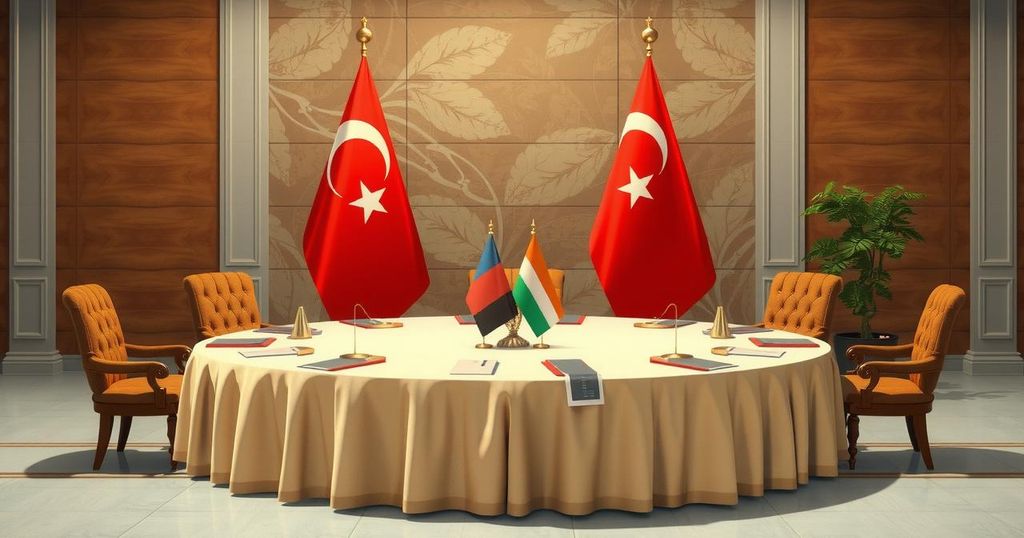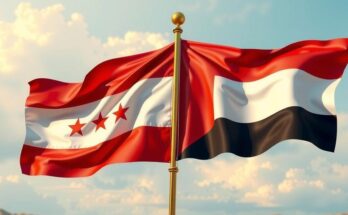The UN Committee against Torture has expressed concerns about Mongolia’s progress in addressing torture and ill-treatment of detainees. It emphasized the need for an independent investigation mechanism for public officials, highlighted issues with current investigatory bodies, and recommended procedural safeguards during arrests. The upcoming law aimed at tackling these issues is expected in 2025, yet delays persist.
The UN Committee against Torture (CAT) recently released its findings on several countries, including Mongolia, highlighting ongoing concerns regarding torture and ill-treatment of individuals deprived of liberty. The Committee acknowledged Mongolia’s intention to introduce a law in 2025 to establish a specialized unit for investigating such abuses but expressed worry over procedural delays since the previous review. Concerns were raised about the potential conflicts of interest affecting investigatory bodies, particularly the Anti-Corruption Agency and the General Police Department, as well as the high dismissal rates of torture cases.
The Committee urged Mongolia to hasten the finalization of legislation that would create an independent mechanism capable of investigating misconduct by public officials, especially law enforcement officers accused of torture. Furthermore, while recognizing efforts to strengthen legal safeguards, the Committee noted the alarming trend of arrests being made based on prosecutor consent without judicial approval, particularly by agencies such as the General Intelligence Agency and the Anti-Corruption Agency. To enhance judicial oversight, the Committee called for enforcement officials to secure judicial warrants for arrests, except in situations where a crime is occurring at the moment.
The CAT’s report underscores the critical issues Mongolia faces in addressing torture allegations and the necessity for systemic reforms to foster accountability and prevent future abuses. The recommendations offered by the Committee serve as a directive for Mongolia to implement necessary legal frameworks to protect the rights of individuals within its jurisdiction, ensuring thorough investigations and support for the independence of law enforcement.
In summary, the UN Committee against Torture has indicated significant areas for improvement in Mongolia regarding torture investigations and legal compliance. There is an urgent need for Mongolia to finalize and implement laws that will facilitate independent inquiries into allegations of torture, strengthen procedural safeguards, and ensure that law enforcement activities are conducted with proper legal oversight. Failure to address these issues not only undermines the rule of law but also jeopardizes the rights and safety of individuals in the country.
“The Committee remained concerned about the potential conflict of interest and ineffectiveness of investigations by the Investigation Division of the Anti-Corruption Agency and the Investigative Division of the General Police Department.” – UN Committee against Torture.
The findings and recommendations from this recent review illustrate ongoing challenges within Mongolia regarding the treatment of detainees and the necessity for robust legal structures to protect against torture. Moving forward, it will be critical for Mongolia to follow through on its commitments to human rights, thereby ensuring that systemic changes are fashioned to create a safer environment for all citizens, particularly those under the control of law enforcement agencies.
The UN Committee against Torture (CAT) is an authoritative body that reviews the practices of countries to adhere to the Convention against Torture. This review process examines each state’s compliance and effectiveness in preventing torture and provides recommendations for improvements. Mongolia’s recent report presents an opportunity to assess its commitment to human rights and the legal frameworks in place to protect individuals from torture and ill-treatment. The Committee’s findings reflect broader concerns about accountability and governance within law enforcement in Mongolia.
The UN Committee against Torture’s report on Mongolia highlights several critical areas where improvements are necessary to address allegations of torture and ill-treatment. Mongolia is urged to enforce legislative measures that promote independent investigations of allegations against law enforcement, enhance judicial oversight for arrests, and ensure the protection of individuals’ rights against abuse. These reforms are vital to foster accountability and to maintain adherence to international human rights standards.
Original Source: m.akipress.com




